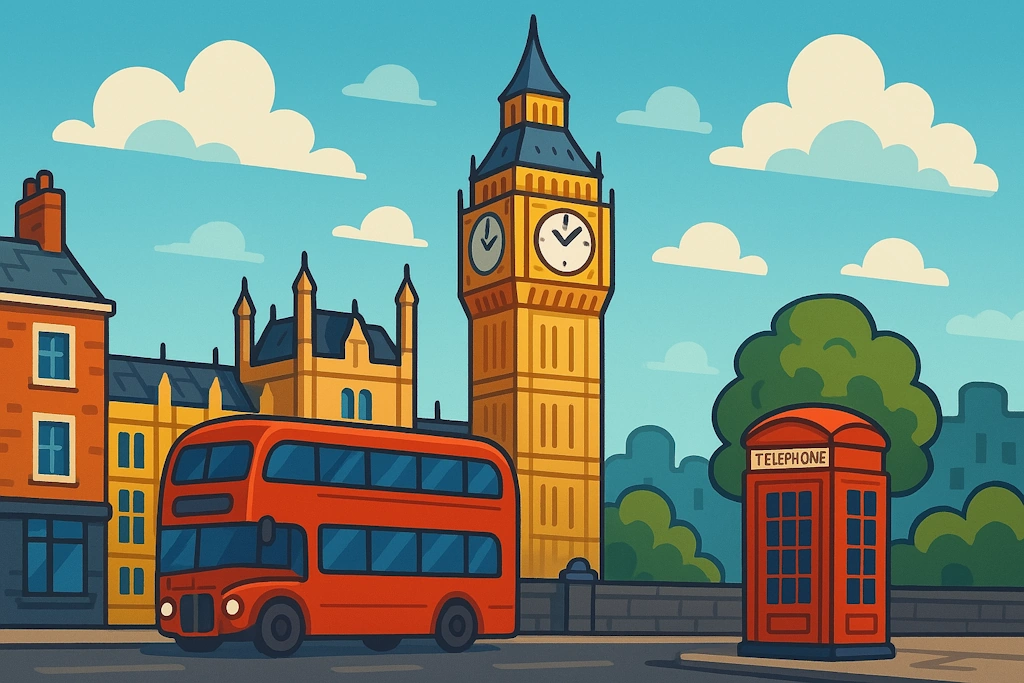🏰English Cities(Existing)
Generate traditional English city names with Anglo-Saxon heritage and historical British significance.
Choose your style:

English Cities
Generate traditional English city names with Anglo-Saxon heritage and historical British significance.
Example English Cities
Get inspired by these sample results
- Thornbury
- Millbrook
- Ashford
- Kingsbridge
- Newcastle
- Westbury
- Oakham
- Fairfield
- Portsmouth
- Canterbury

